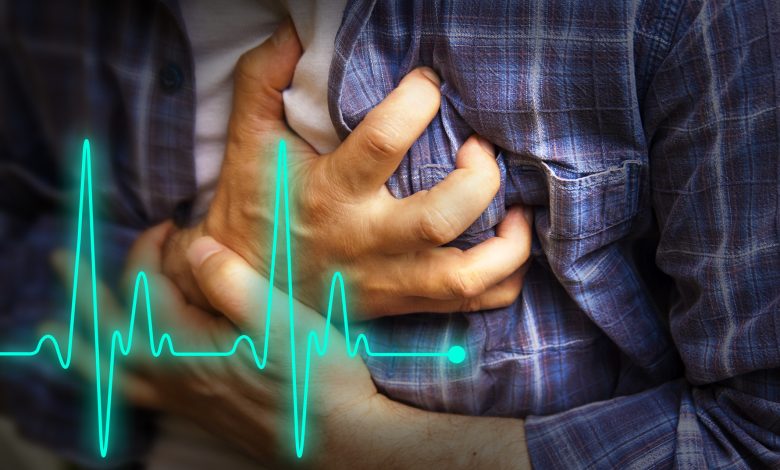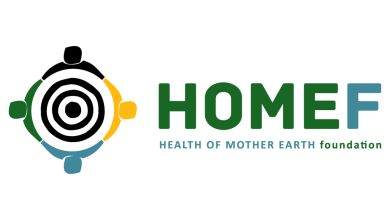
By ORIDO VINCENT AKPOMEFURE
The increasing reports of heart failure and sudden death in African society is causing a great alarm. This has been traced back to inadequate knowledge and precautionary steps to avert it. In view of the above, we want to examine the roles of health workers in their involvement in the community’s well-being and sharing of knowledge.
The primary duty of the health worker is to teach to teach children, parents, farmers, school teachers, other health workers— everyone he can! The art of teaching is the most important skill a person can learn.
To teach is to help others to grow, and to grow with them.
A good teacher is not someone who puts idea into other people’s heads, he or she is someone who helps others build on their own ideas, to make new discoveries for themselves.
Therefore, teaching and learning should not be limited to the school house or health post. They should take place in the home and in the fields and on the road.
As a health worker one of your best chances to teach will probably be when you treat the sick. But you should look for every opportunity to exchange ideas, to share, to show, and to help your people think and work together. THE ROLES OF HEALTH WORKERS IN ILLNESSES OF OLD AGE: THE HEART The heart simple defined as a muscular organ that pumps blood through the body, traditionally thought to be the seat of emotion.
The heart trouble or disease is more frequent in older people, especially in those who are fat, who smoke, or who have high blood pressure or indulged in fatty diets.
HEART PROBLEMS are caused by prolonged heavy drinking and this normally results in heart failure ( reducing pumping efficiency of the heart), hypertension ( high blood pressure), cerebral haemorrhage, and cardiomyopathy. One type of stroke is linked with high consumption of alcohol.
The circulation of blood the arteries harden, causing poor blood circulation and higher blood pressure are the results of lack of regular exercise; smoking and poor diets.
The health workers should note the following signs of heart problems– (1.) Anxiety and difficulty in breathing after exercise; asthmalike attacks that get worse when the person lies down ( cardiac asthma ). (2.) A rapid, weak, or irregular pulse. (3.) Swelling of the feet worse in the afternoon. (4.) Sudden, painful attacks in the chest, left shoulder, or arms that occur when exercising and go away after resting for a few minutes (angina pectoris) (5) A sharp pain like a great weight crushing the chest; does not go away with rest ( heart attack).
TREATMENT AND GUIDANCE BY PROFESSIONAL HEALTH WORKER
(1.) It should be noted that different heart diseases may require different specific medicines, which must be used with great care. If you think a person has heart trouble, seek medical help. It is important that he have the right medicine when he needs it.
(2.) The health worker should educate persons with heart problems not to eat oily food and should lose weight, if they are overweight.
(3.) If an older person begins having attacks of difficult breathing or swelling of the feet, he should not use salt or eat food that contains salt. For the rest of his life he should eat little or no salt.
(4.) If a person has angina pectoris or heart attack, he should rest very quietly in a cool place until the pain goes away. If the chest pain is very strong and does not go away with rest, or if the person shows signs of shock, the heart has probably been severely damaged. In this case, the person should stay in bed for at least a week or as long as he is in pain or shock.
Then he can begin to sit up or move slowly, but should stay very quiet for a month or more. *Consider getting medical help as soon as possible! Another way of diagnosing heart trouble is to examine the pulse ( heart beats). The pulse gets much faster with exercise and when a person is nervous, frightened, or has fever.
Read Also: Suspected hoodlums destroy FG housing scheme, injure workers
As a general rule, the pulse increase 20 beats per minute for each degree (°C ) rise in fever. Health worker should take the pulse often and write it down along with temperature and rate of breathing when a person is very ill. The health worker should notice changes in the pulse rate in order to determine the nature illness. For example (1) A weak, rapid pulse can mean a state of shock. Stock is a life threatening condition that develops when the body’s blood pressure drops dangerously low. This can be result from great pain, a large burn, losing of lot blood, severe illnesses, dehydration or severe allergic reaction. Signs of shock are
(a). weak, rapid pulse (more than 100 per minute ).
(b) cold sweat, pale, cold, damp skin.
(c). Mental confusion, weakness, or loss of consciousness.
(2.) A very rapid, very slow, or irregular pulse could mean heart trouble. (3.) A relatively slow pulse in a person with a high fever may be a sign of typhoid.
The health worker should always pay special attention to the way the sick person breathes the depth ( deep or shallow), rate ( how often breaths are taken), and difficulty.
Notice if both sides of the chest move equally when he breathes. He should pay attention to the strength, the rate, and the regularity of the pulse.
In this situation, if you have a watch or timer, count the pulse per minute. Normal pulse for people at rest Adult. from 60 to 80 per minute. Children….. from 80 to 100 per minute. Babies from 100 to 140 per minute.
Finally, in order to increase the life span of the aged, the government should create awareness campaign to sentize rural communities, the public and various health workers with adequate knowledge and periodic information.




